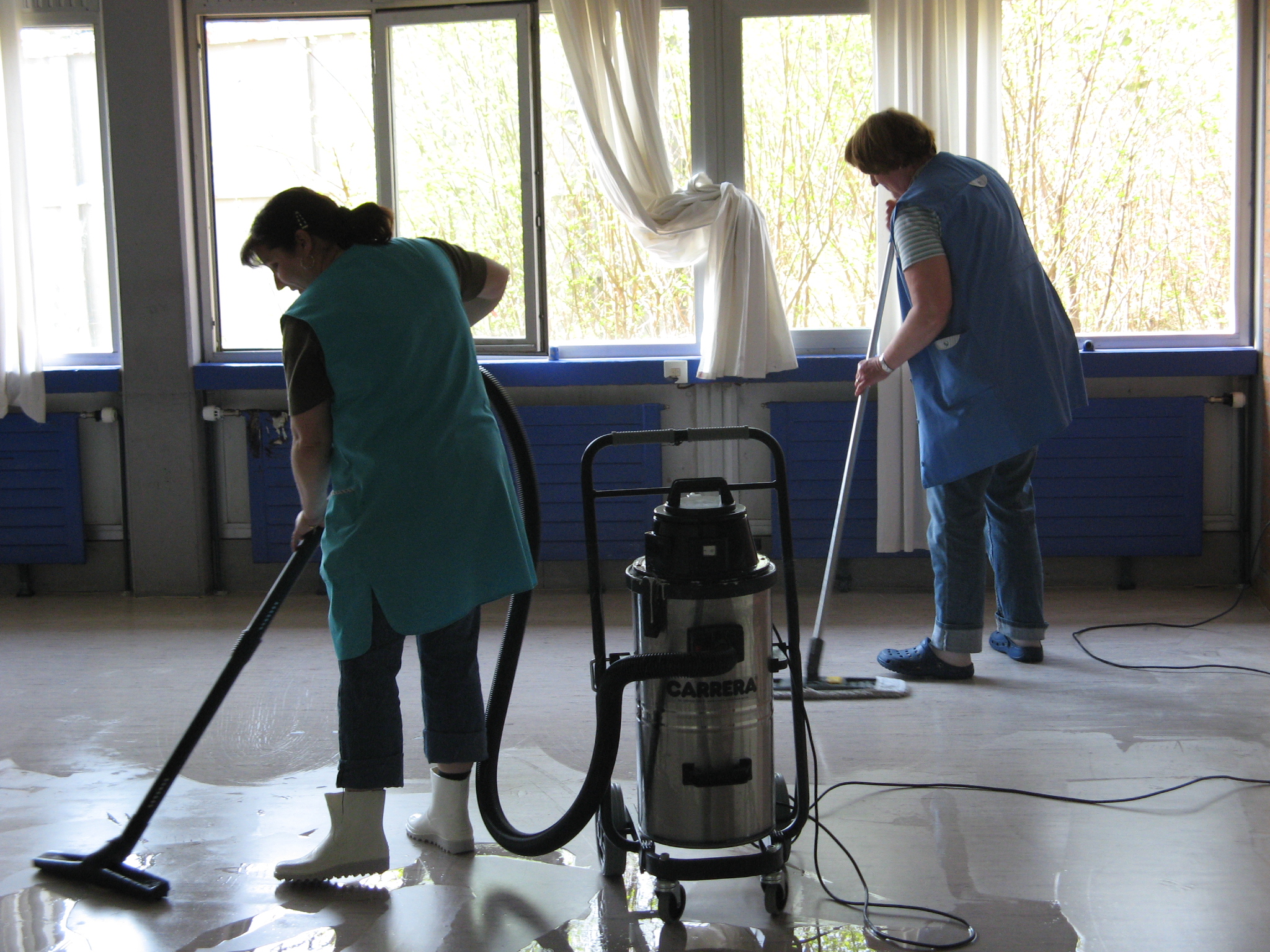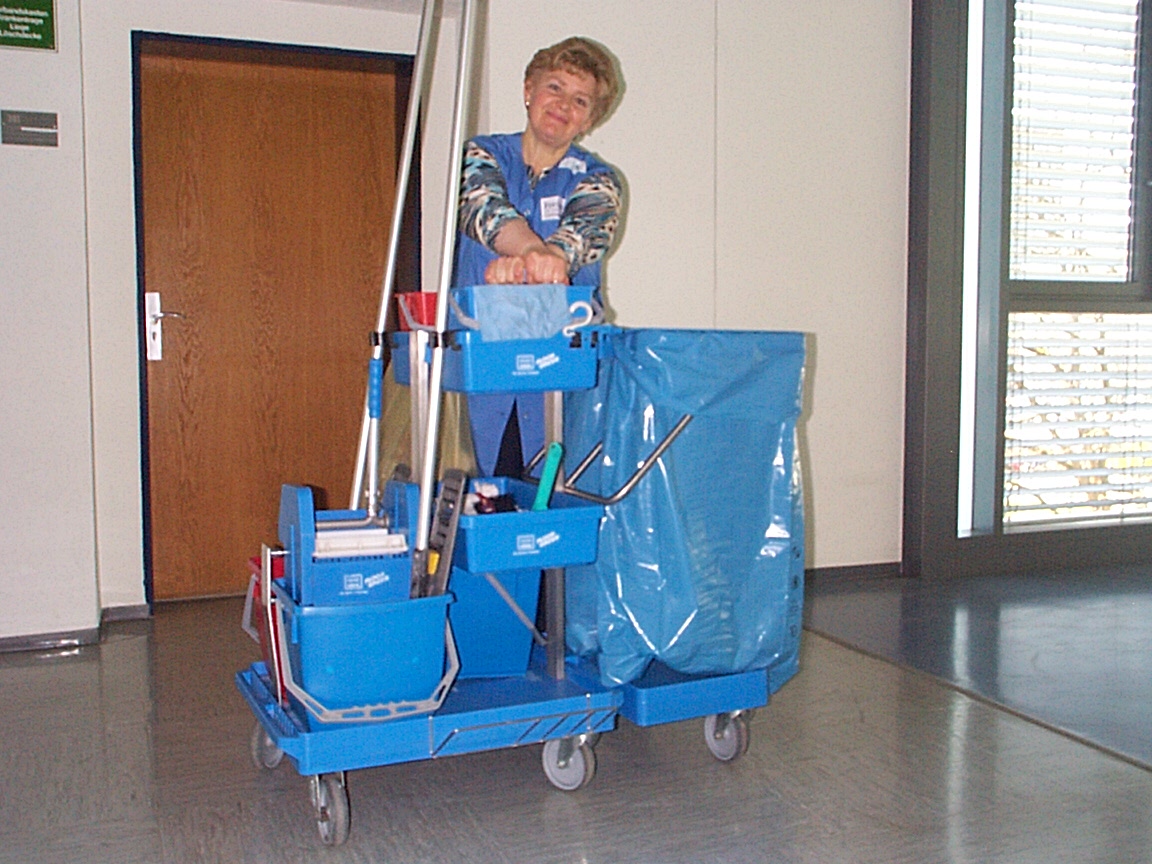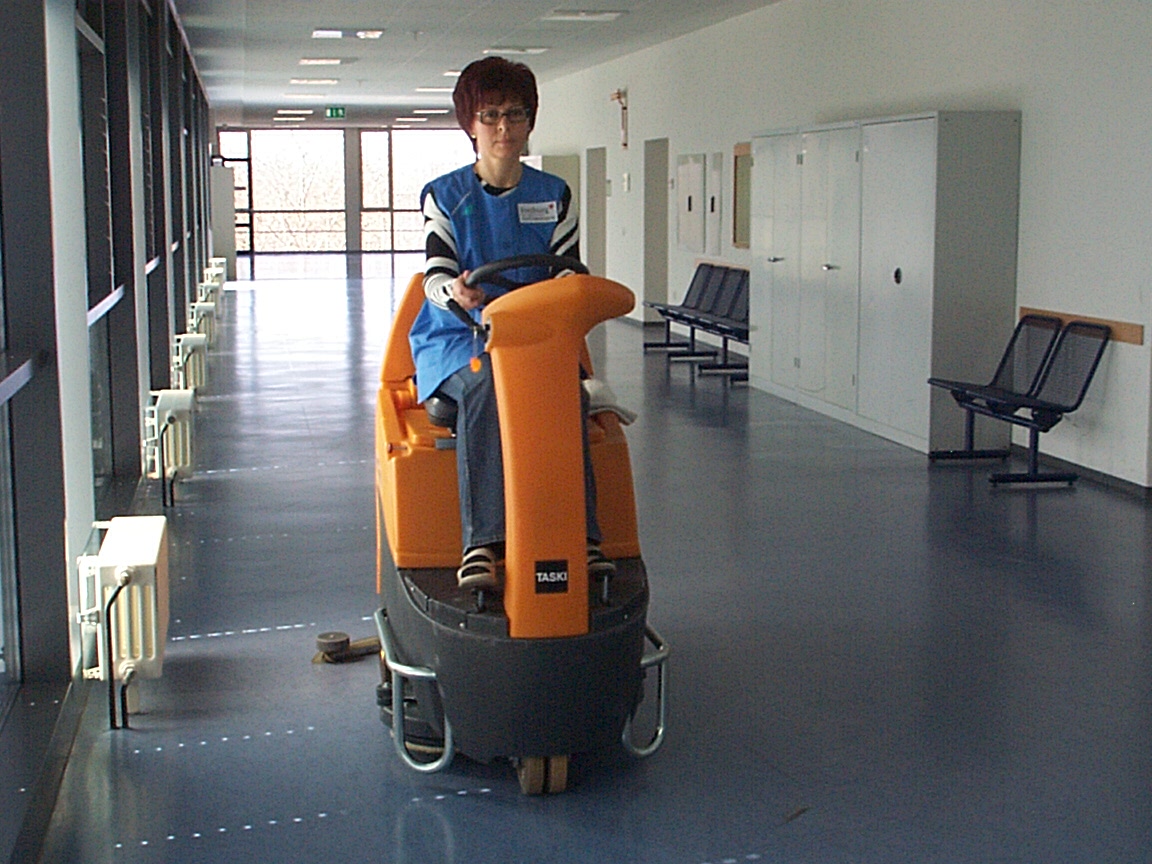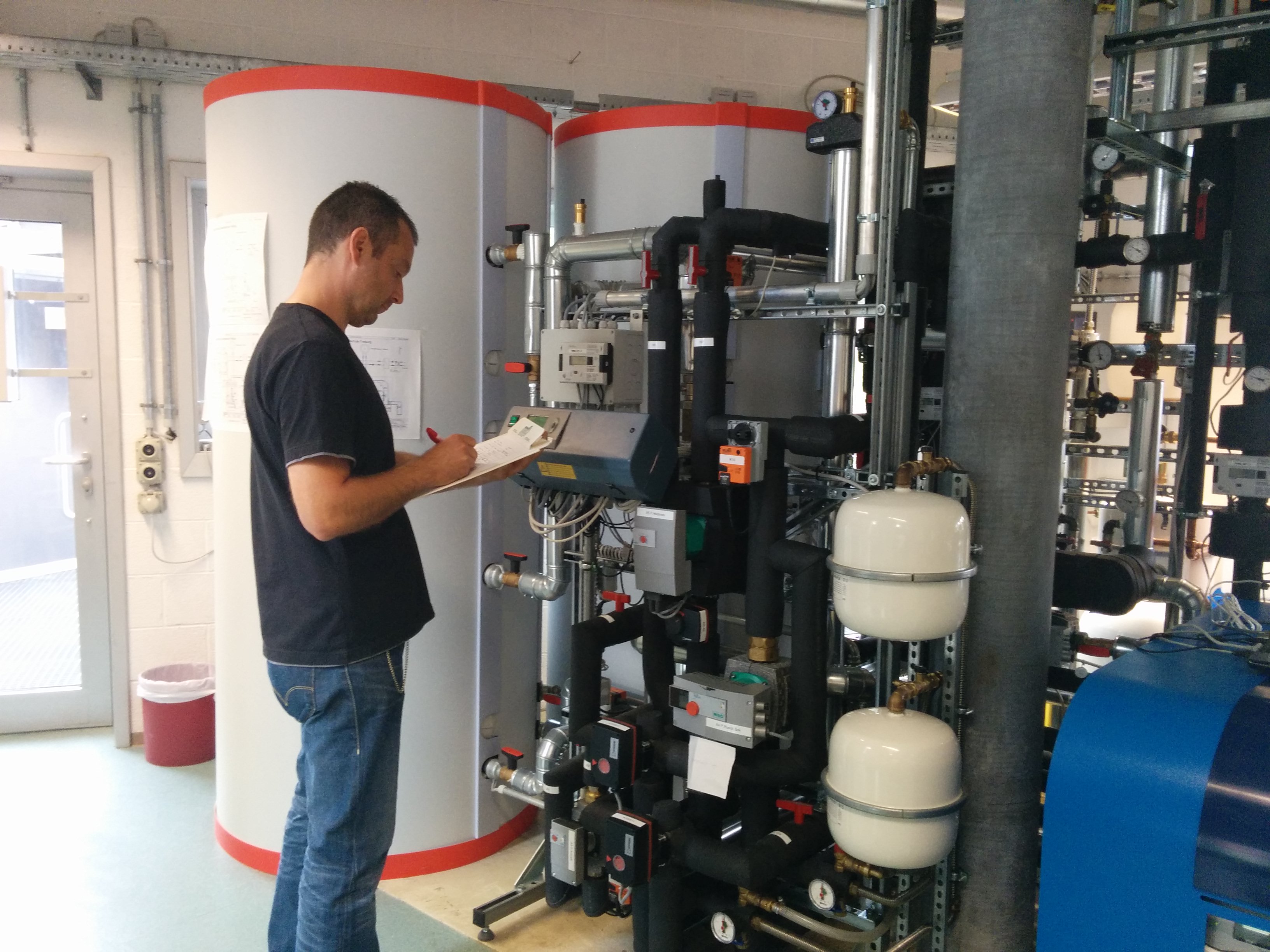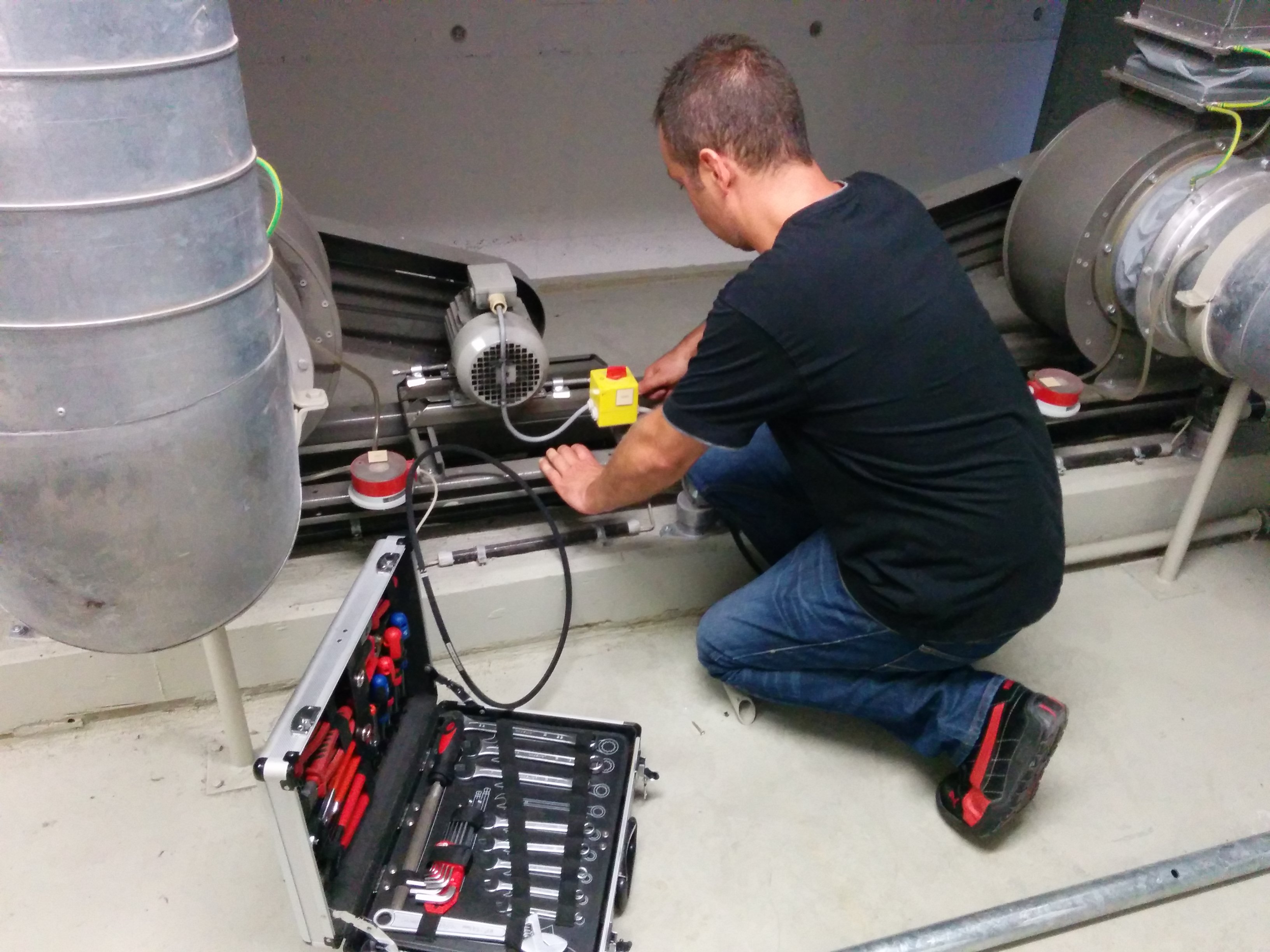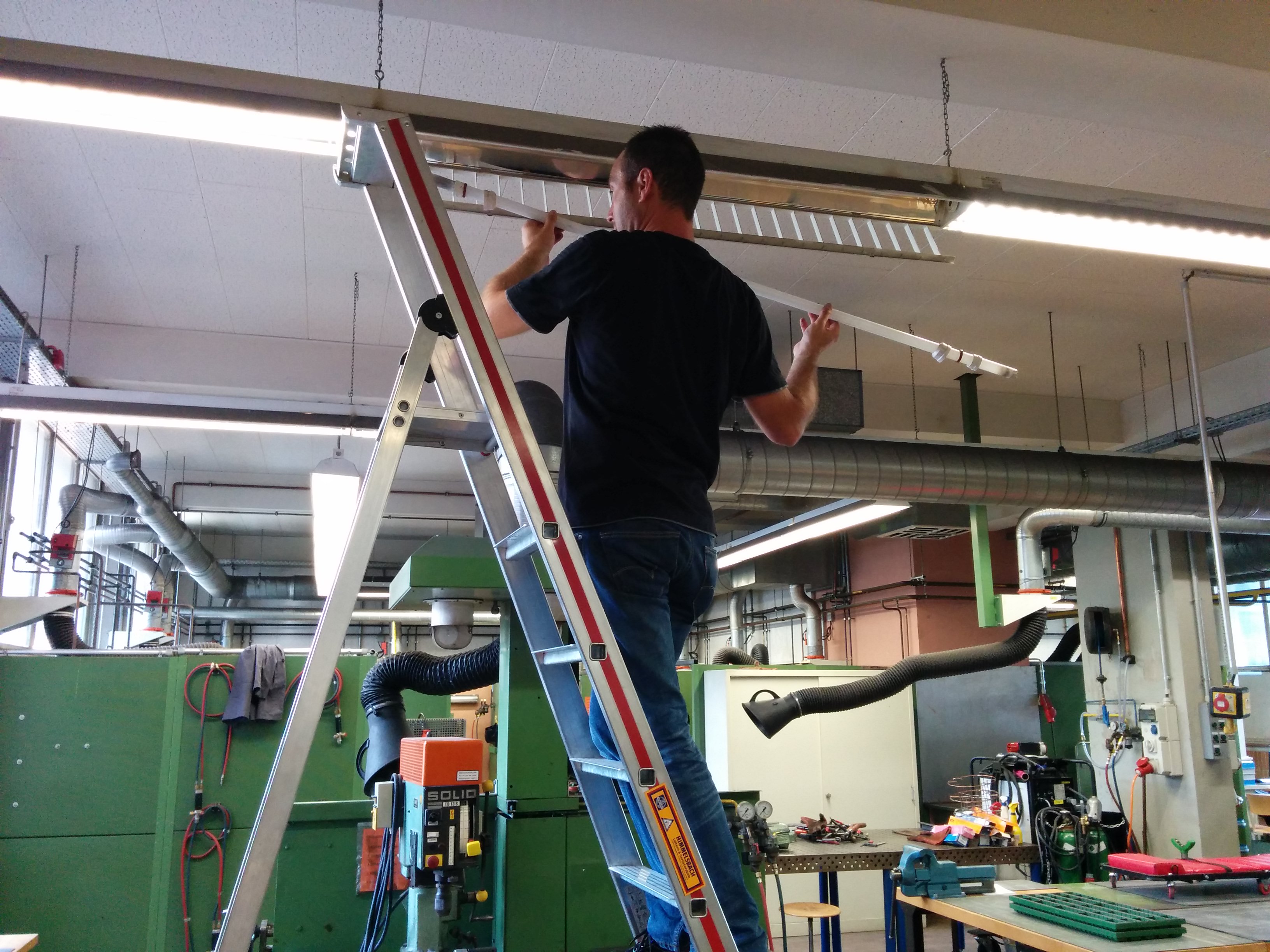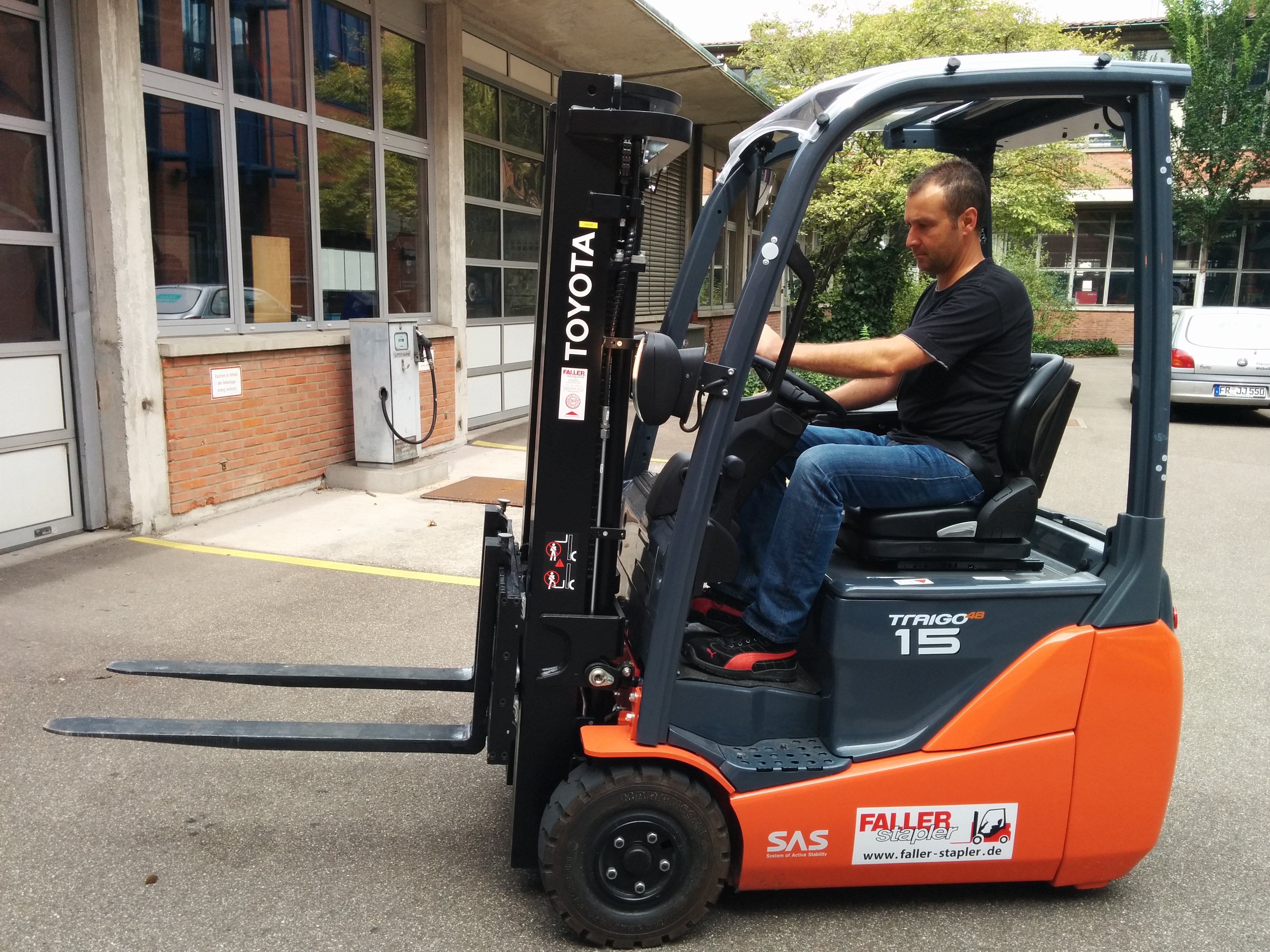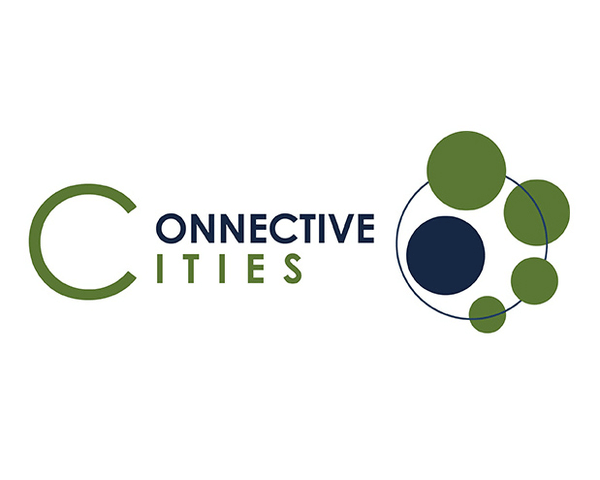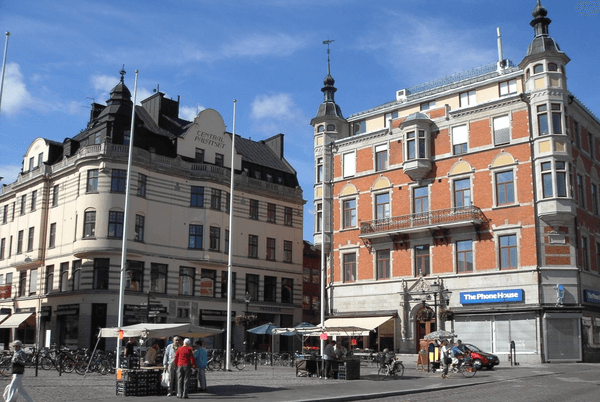City
Freiburg
Main actors
City Government
Project area
Whole City/Administrative Region
Duration
Ongoing since 2006
Central facility management creates a sound database for sustainable planning of the retrofitting and extension of buildings as well as new buildings of Freiburg’s City Administration.
City administration and municipal services are usually performed in buildings normally owned by the city. The construction and maintenance of these buildings constitutes a substantial cost factor in the budget, often resulting in parallel structures, uneconomicalness and non-transparency.
The example of city facility management in Freiburg shows that targeted modifications in the organizational structure of an administration and in its process organization can make a considerable contribution to more cost transparency, cost reduction and a more efficient use of energy in the City’s real estate portfolio.
Originally published by the International Community of Practice for Sustainable Urban Development CONNECTIVE CITIES: https://www.connective-cities.net/en/good-practice-details/gutepraktik/efficient-and-sustainable-facility-management-in-the-city-of-freiburg-1/
Categories
External links / documents
On Map
The Map will be displayed after accepting cookie policy
